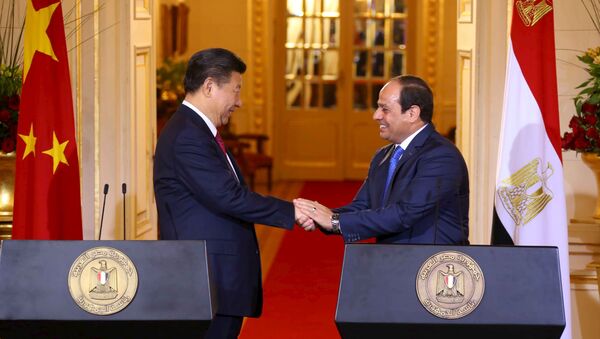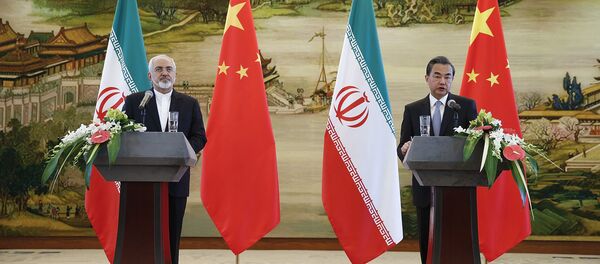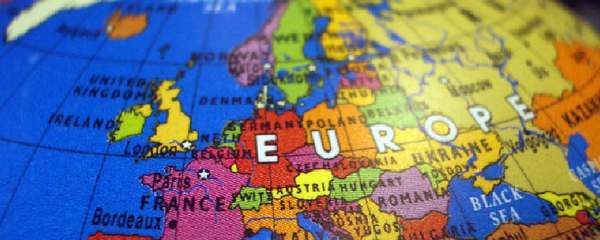Xi's tour is largely focused on economic and energy cooperation with the Arab world, the South China Morning Post noted. But "it is also a mission to forge closer political, diplomatic and military ties with countries and to promote China's image and influence as a global power, resembling what the Middle Kingdom was 2,000 years ago," the newspaper asserted.

Xi's tour first brought him to Saudi Arabia, China's largest oil supplier, earlier this week. The Chinese president and King Salman agreed to foster energy cooperation between the two countries and oversaw the opening of a major Yanbu oil refinery, a joint Saudi Aramco and Sinopec venture.
Xi later traveled to Egypt. China's state-run news agency Xinhua described the ties between the two countries as a "comprehensive strategic partnership." Incidentally, the same formula was applied with regard to China's relations with the oil kingdom and Iran.

The two-day visit of the Chinese president to the North African nation produced more than 20 agreements covering civil aviation, electricity, higher education, science, media, banking and trade. The Chinese president also said that Beijing plans to invest as much as $15 billion in Egypt's economy as both countries agreed to promote cooperation under Xi's signature foreign policy initiative, known as the One Belt, One Road.
Xi's tour comes a week after Beijing unveiled its first official strategy towards the Middle East. Known as the Arab Policy Paper, the document called for greater political, economic, energy and security cooperation with the region. Relations between China and the Arab world, according to the brief, should be based on the One Belt, One Road development strategy.



